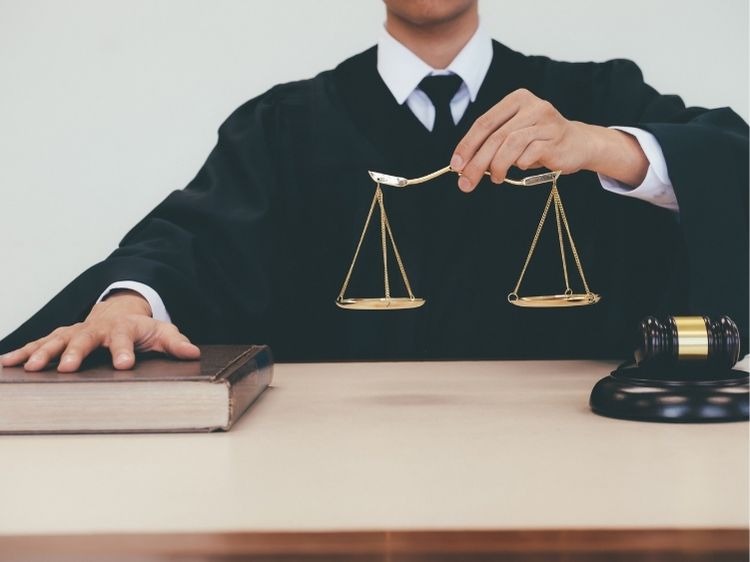Strict Liability vs Negligence: Understanding Key Legal Concepts
When it comes to the law, particularly in tort cases, the terms “strict liability” and “negligence” often come up. Both concepts play crucial roles in determining responsibility and compensation in various legal scenarios. But what exactly do these terms mean? How do they differ, and what implications do they carry? Let’s dive into the intricacies of strict liability vs negligence to uncover their significance in the legal landscape.
What is Strict Liability?
Definition and Core Principles
Strict liability is a legal doctrine that holds a party responsible for their actions or products, regardless of fault or intent. Unlike negligence, where the focus is on the reasonableness of a party’s actions, strict liability emphasizes the mere occurrence of an act.
Examples of Strict Liability
- Product Liability: Manufacturers are often held strictly liable for defective products that cause harm.
- Animal Attacks: Owners of certain dangerous animals may be strictly liable for any injuries their animals cause.
When is Strict Liability Applied?
Strict liability typically applies in cases where the law deems certain activities as inherently dangerous or when public policy demands strict accountability, such as with hazardous activities or defective products.
What is Negligence?
Definition and Core Principles
Negligence, on the other hand, is a failure to exercise the level of care that a reasonably prudent person would in a similar situation. It’s all about whether someone acted reasonably and whether their actions (or inactions) caused harm.
Elements of Negligence
- Duty of Care: The obligation to avoid actions that could foreseeably harm others.
- Breach of Duty: Failing to meet the standard of care.
- Causation: The breach must directly cause the harm.
- Damages: Actual harm or injury must have occurred.
Examples of Negligence
- Car Accidents: A driver texting while driving and causing an accident.
- Medical Malpractice: A doctor’s failure to diagnose a treatable condition.
Strict Liability vs Negligence: Key Differences
Focus on Fault
- Strict Liability: Does not require proof of fault or negligence.
- Negligence: Centers on whether a party failed to act as a reasonable person would have.
Application in Law
- Strict Liability: Common in product liability cases, abnormally dangerous activities, and animal-related injuries.
- Negligence: Broadly applied in various personal injury cases, medical malpractice, and more.
Implications for Defendants and Plaintiffs
- Strict Liability: Easier for plaintiffs to prove since they don’t need to establish fault.
- Negligence: Requires a thorough examination of the defendant’s conduct.
The Impact of Strict Liability and Negligence on Legal Outcomes
Understanding the distinction between strict liability and negligence is crucial in legal disputes. Strict liability can lead to quicker resolutions since the plaintiff does not need to prove fault, only that the defendant’s actions led to harm. However, this can also result in defendants facing liability even when they acted responsibly.
In negligence cases, the outcome hinges on the evidence of a breach of duty. This often makes negligence cases more complex and time-consuming, as both sides gather evidence to prove or disprove the reasonableness of the defendant’s actions.
FAQs About Strict Liability vs Negligence
- What’s the main difference between strict liability and negligence?
The primary difference is that strict liability doesn’t require proof of fault, while negligence focuses on whether the defendant failed to act reasonably. - Can strict liability be applied to any case?
No, strict liability is typically limited to specific areas like product liability, dangerous animals, or inherently hazardous activities. - How do courts determine negligence?
Courts evaluate whether the defendant owed a duty of care, breached that duty, and caused damages as a result. - Is it easier to win a case under strict liability?
Yes, because the plaintiff doesn’t need to prove the defendant was at fault—only that the act occurred and caused harm. - Can a single case involve both strict liability and negligence claims?
Yes, some cases may involve claims under both theories, depending on the circumstances.
Conclusion
In the debate of strict liability vs negligence, understanding the nuances of each concept is essential. While strict liability offers a straightforward path for plaintiffs by removing the burden of proving fault, negligence demands a deeper analysis of behavior and responsibility. Whether you’re dealing with a defective product or a personal injury case, knowing the difference between these legal principles can make all the difference in the courtroom.
